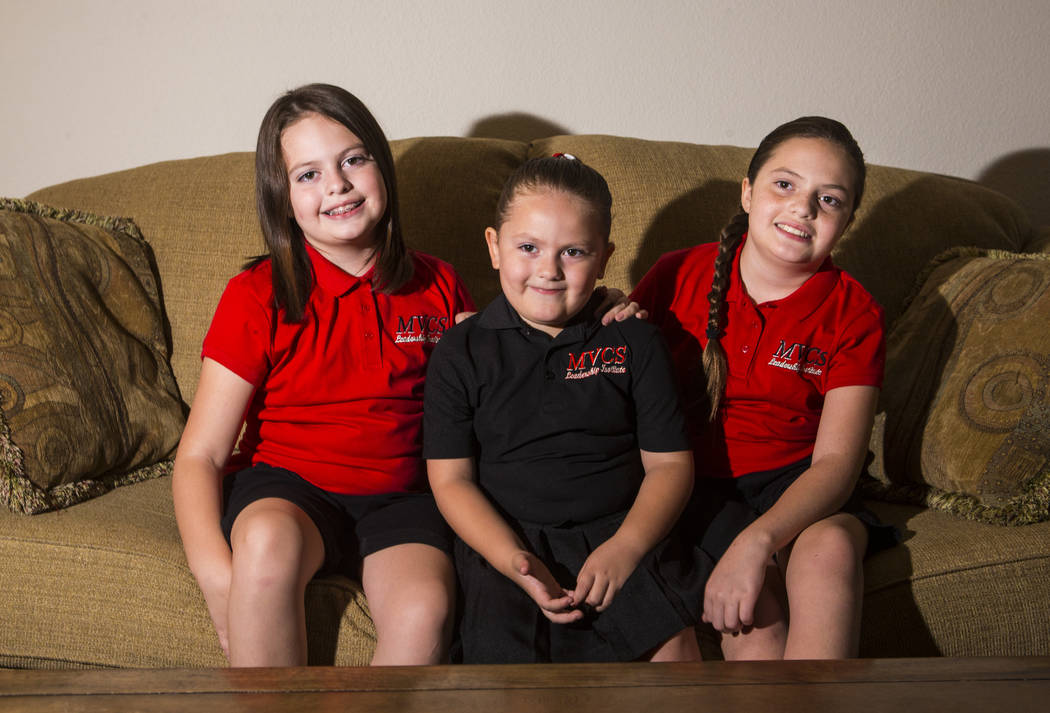EDITORIAL: Opportunity Scholarship lawsuit wins a Round 1 victory
A legal fight to preserve Nevada’s Opportunity Scholarship program has won an important victory.
This month, Clark County District Court Judge Rob Bare ruled that parents, businesses and a scholarship-granting organization have standing in a lawsuit challenging legislative action that threatens the program, which allows businesses to receive a dollar-for-dollar tax credit in exchange for donating to scholarship-granting organizations. Those groups provide tuition money for low-income students to attend private schools.
The GOP-dominated Legislature approved Opportunity Scholarships in 2015 with a $5 million annual cap on tax credits. The law stipulated that the available tax credits would increase by 10 percent a year. Last year, $6.7 million in credits were available.
But after Democrats swept to power in 2018, they made it a priority to prevent more low-income minority children from attending private schools. Even though he had cynically bragged during his re-election campaign about expanding Opportunity Scholarships, Speaker Jason Frierson turned around and sponsored a bill to remove the growth provision from the program. This was a sop to the teachers unions, who abhor school choice because private schools generally aren’t unionized.
It also undercuts their claim that public schools need more money to succeed. Opportunity Scholarship recipients rave that it’s helped their children academically and socially. The scholarships, however, are worth thousands less than total per-pupil funding for public schools.
Eliminating tax credits increases government revenue. Nevada’s Constitution mandates that any bill which increases “any public revenue in any form” must pass with a two-thirds majority vote in both houses. Democrats passed Opportunity Scholarship limitation without the required supermajority in the Senate.
That’s why the Institute for Justice, the public-interest law firm representing parents and others in this case, argues the law is unconstitutional. State lawyers counter that the plaintiffs lacked standing. But if parents using the program and businesses that have donated to it don’t have standing, no one does. Judge Bare saw through that smokescreen, and this case can now proceed to a decision on the merits.
Defendants also argue that because the Legislature — in a separate bill passed later — provided some one-time funding for the program, state revenues didn’t actually increase. It’s an innovative but unconvincing position that has no bearing on the constitutionality of the original bill’s passage.
Judge Bare has now allowed the parents to move forward with their claims. This is good news for low-income students hoping for an alternative to their failing public schools.





























